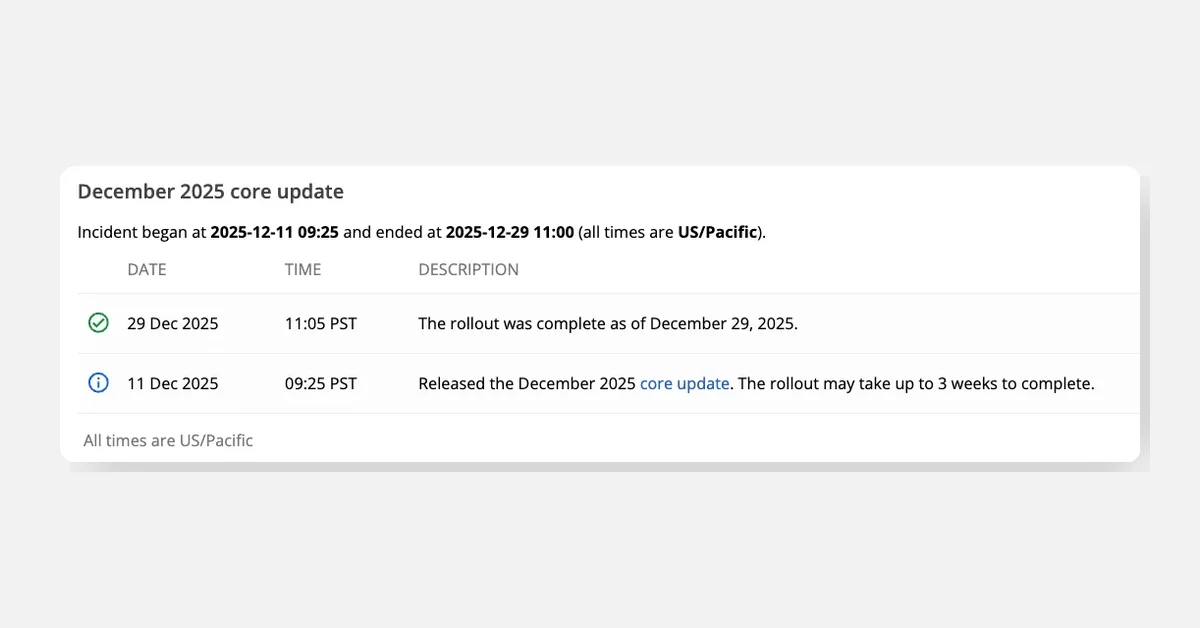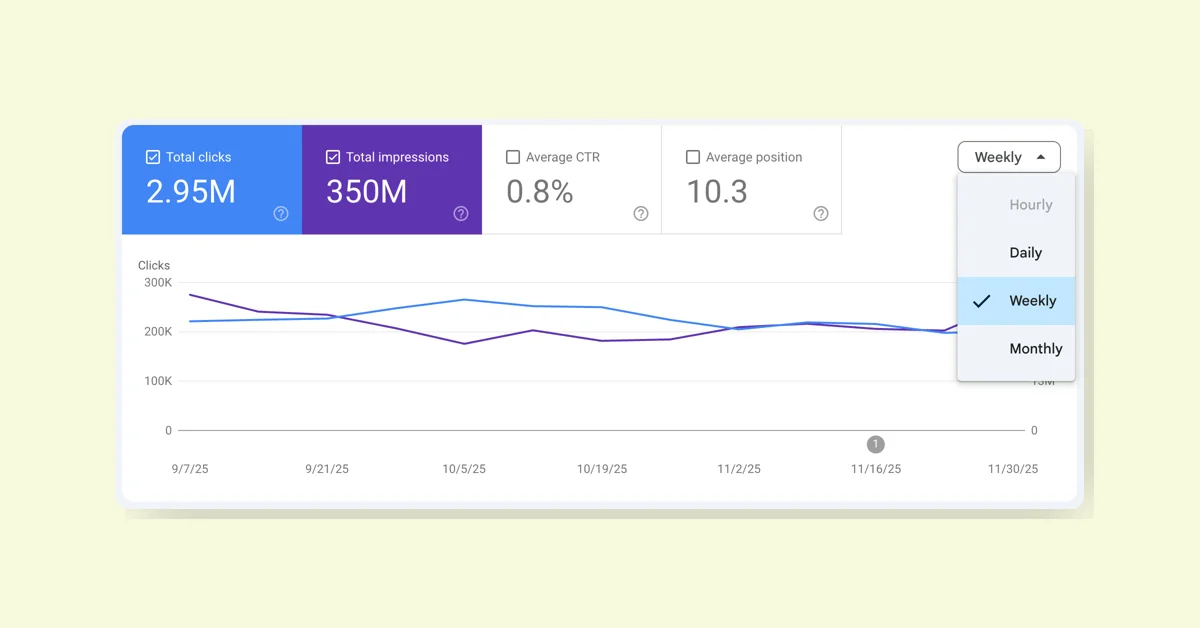The ruling in the Google search antitrust case, United States v. Google, is extensive, spanning 286 pages. Judge Amit Mehta's findings include factual and legal conclusions, revealing significant insights into Google's business practices and its dominance in the search engine market.
Key Points from the Ruling
Apple's Preference for Google Over Bing
- Apple receives billions annually from Google to keep it as the default search engine in Safari.
- Eddy Cue, Apple’s SVP of services, stated that no price from Microsoft could make Apple switch to Bing, even if offered for free.
- Judge Mehta interprets this as evidence of Google's dominance, suggesting that Google is the only viable default search engine.
Google's Contracts with Other Companies
- Google also secures default search engine status on Android devices through contracts with cell carriers and device manufacturers.
- These companies find it financially infeasible to switch from Google due to the substantial revenue they receive from Google.
Terms of the Google-Apple Contract
- Google pays Apple a significant percentage of its net ad revenue, amounting to $20 billion in 2022.
- The contract, renewed in 2021, is set to expire in 2026 but can be extended until 2031.
- Both companies are obligated to defend this agreement against regulatory actions.
- Apple would need to invest $6 billion annually to develop a competitive search engine.
- Google estimated that Apple would need around $20 billion to replicate Google's search infrastructure.
TikTok and Other Platforms as Competitors
- The ruling distinguishes between general search engines (GSEs) like Google and specialized vertical providers (SVPs) like Amazon or Meta.
- Despite some younger users using TikTok as a search engine, the judge concluded that social media platforms do not compete with GSEs in search queries.
- Even if Google's search quality degraded, SVPs and social media platforms would not be able to fill the gap due to the high costs involved.
AI and the Future of Search
- AI has not yet fundamentally altered search in a way that affects antitrust law.
- Current AI technologies still rely heavily on user data to deliver quality search results.
- Google's VP of search emphasized the importance of traditional ranking systems and the control they provide.
Monopoly Power and Consumer Harm
- A 2020 Google study suggested that even if Google reduced its search quality, its revenues would remain unaffected.
- The judge highlighted that only a firm with monopoly power could afford to degrade its product without losing users, indicating potential consumer harm.
Conclusion
The ruling underscores Google's dominant position in the search engine market, supported by lucrative contracts and the lack of viable alternatives. It also highlights the challenges competitors face in entering the market and the potential consumer harm resulting from Google's monopoly power.



















